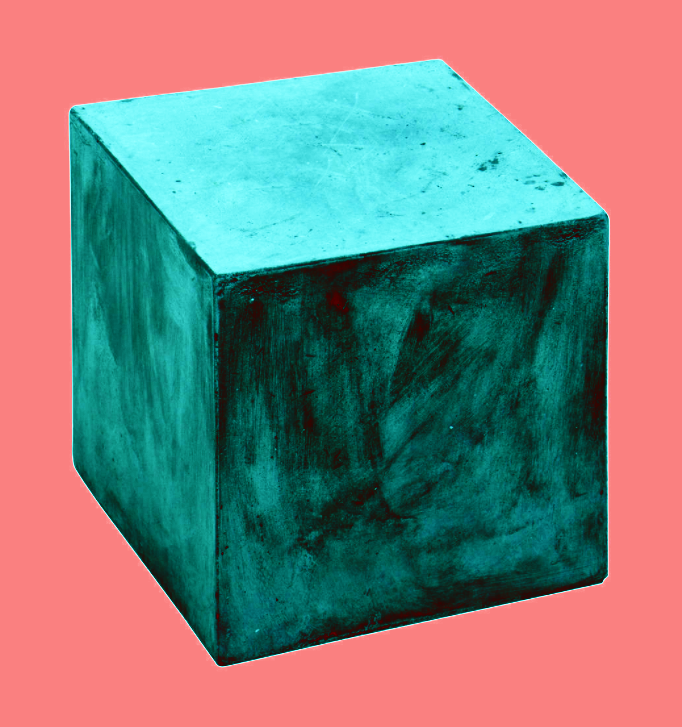Concrete doped with PPE
 Australian engineers have developed a method to use disposable personal protective equipment (PPE) to make concrete stronger.
Australian engineers have developed a method to use disposable personal protective equipment (PPE) to make concrete stronger.
A team at RMIT University says their new innovation could provide an innovative way to significantly reduce pandemic-generated waste.
The RMIT team is the first to investigate the feasibility of recycling three key types of PPE - isolation gowns, face masks and rubber gloves - into concrete.
Since the start of the COVID-19 pandemic, an estimated 54,000 tonnes of PPE waste has been produced on average globally each day. About 129 billion disposable face masks are used and discarded around the world every month.
A series of tests has shown that shredded PPE could increase the strength of concrete by up to 22 per cent and improve resistance to cracking.
In three separate feasibility studies, disposable face masks, rubber gloves and isolation gowns were first shredded then incorporated into concrete at various volumes, between 0.1 per cent and 0.25 per cent.
The research found that rubber gloves increased compressive strength by up to 22 per cent, while isolation gowns increased resistance to bending stress by up to 21 per cent, compressive strength by 15 per cent and elasticity by 12 per cent. Face masks were shown to increase compressive strength by up to 17 per cent.
“We urgently need smart solutions for the ever-growing pile of COVID-19 generated waste – this challenge will remain even after the pandemic is over,” says first author, PhD researcher Shannon Kilmartin-Lynch.
“Our research found that incorporating the right amount of shredded PPE could improve the strength and durability of concrete.”
Joint lead author, Dr Rajeev Roychand, said there was real potential for construction industries around the world to play a significant role in transforming this waste into a valuable resource.
“While our research is in the early stages, these promising initial findings are an important step towards the development of effective recycling systems to keep disposable PPE waste out of landfill,” he said.
The RMIT School of Engineering team’s industry partner, Casafico Pty Ltd, is planning to use these research findings in a field project.








 Print
Print